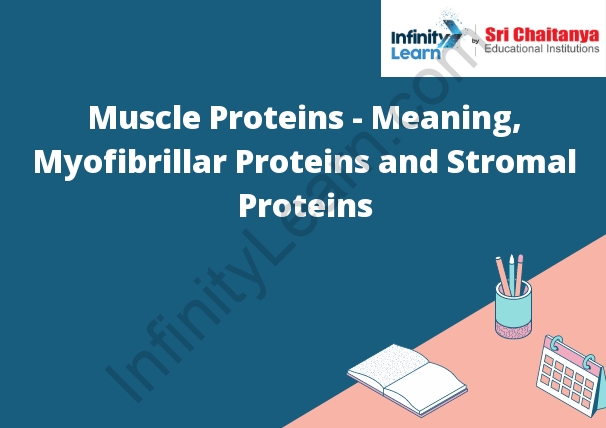Table of Contents
What are the Muscle Proteins?
Muscle proteins are the proteins found in muscle tissue. They are responsible for the contractions that occur in muscle cells, and include myosin and actin. These proteins are also responsible for the transport of calcium ions into the cells, which is necessary for muscle contraction.

What are the Muscle Proteins Types Found in Muscles?
There are three main types of muscle proteins: actin, myosin, and titin. Actin and myosin are the most important proteins for muscle function. They work together to produce muscle contraction. Titin is a large protein that helps control muscle tension.
Myofibrillar Proteins
Myofibrillar proteins are proteins that make up the myofibrils in muscle cells. Myofibrils are long, thin strands of protein that run the length of the muscle cell. They are responsible for the muscle cells’ ability to contract.
Myofibrillar proteins are made up of several different proteins, including actin and myosin. These proteins work together to create the myofibrils and allow the muscle cells to contract.
Stromal Proteins
Stromal proteins are a group of proteins that are found in the stroma, which is the supportive layer of tissue that lies beneath the epithelium in organs such as the kidney, liver, and pancreas. The stroma contains a variety of proteins that are important for organ function, including structural proteins, proteins that regulate cell growth and differentiation, and proteins that transport molecules between cells. Damage to the stroma can lead to organ dysfunction.
Sarcoplasmic Proteins
Sarcoplasmic proteins are proteins that are found in the sarcoplasm of muscle cells. They are responsible for the contraction and relaxation of muscles, and include proteins such as myosin and actin.
A protein is a molecule composed of amino acids. Proteins play a wide variety of roles in the body, including structural support, movement, and communication. Sarcoplasmic proteins are proteins that are found in the sarcoplasm of muscle cells.
They are responsible for the contraction and relaxation of muscles. There are three main types of sarcoplasmic proteins: myosin, actin, and tropomyosin. Myosin is responsible for the contraction of muscles. Actin is responsible for the movement of myosin. Tropomyosin is responsible for the regulation of myosin.







